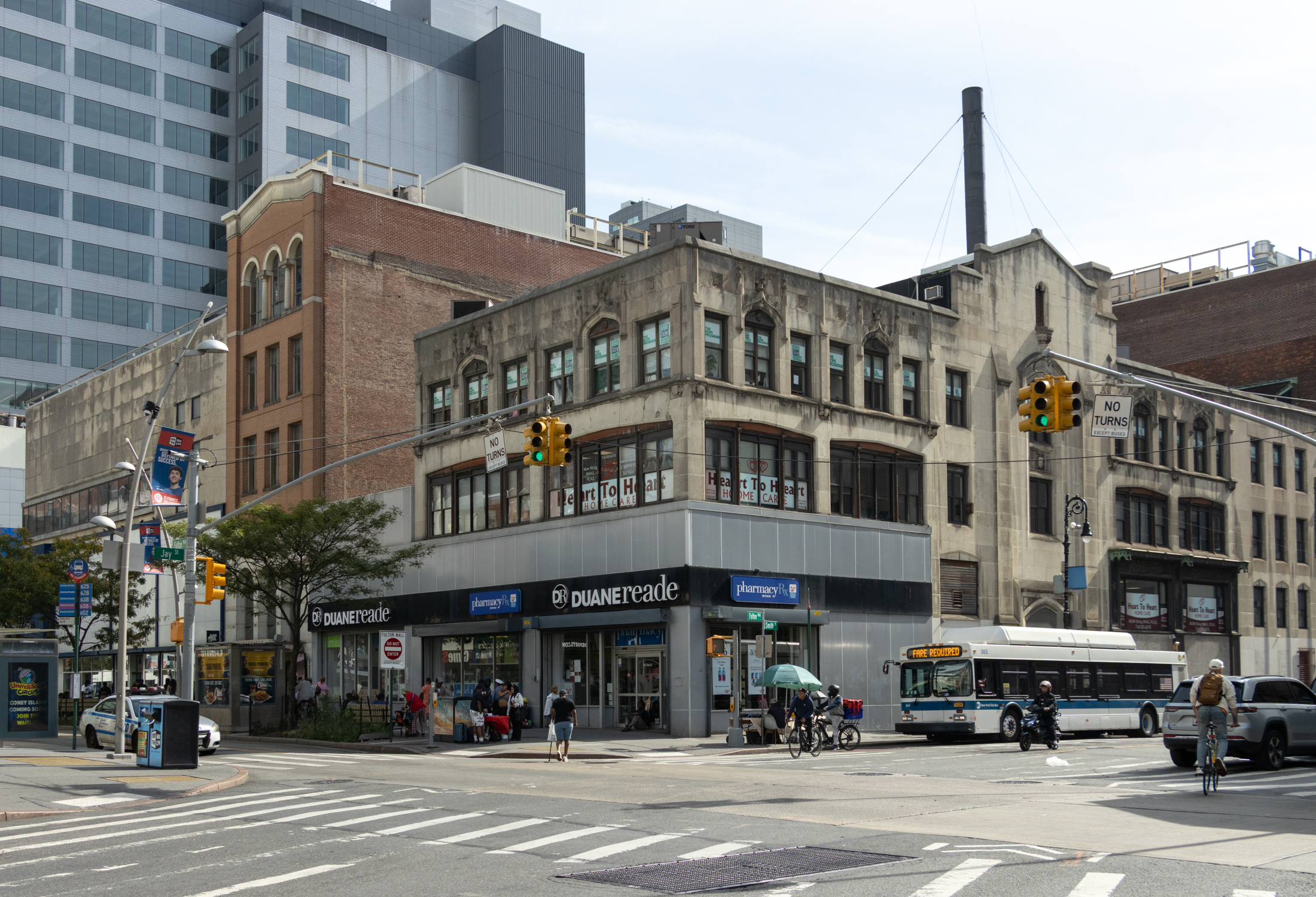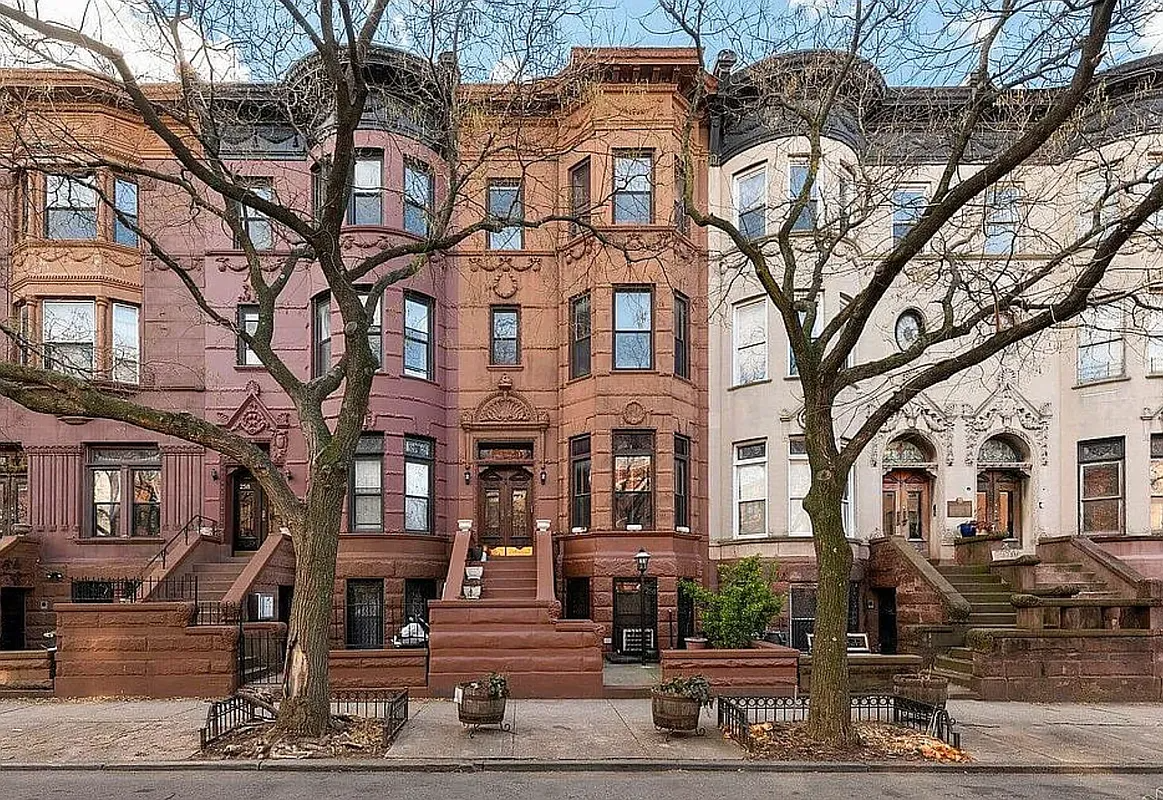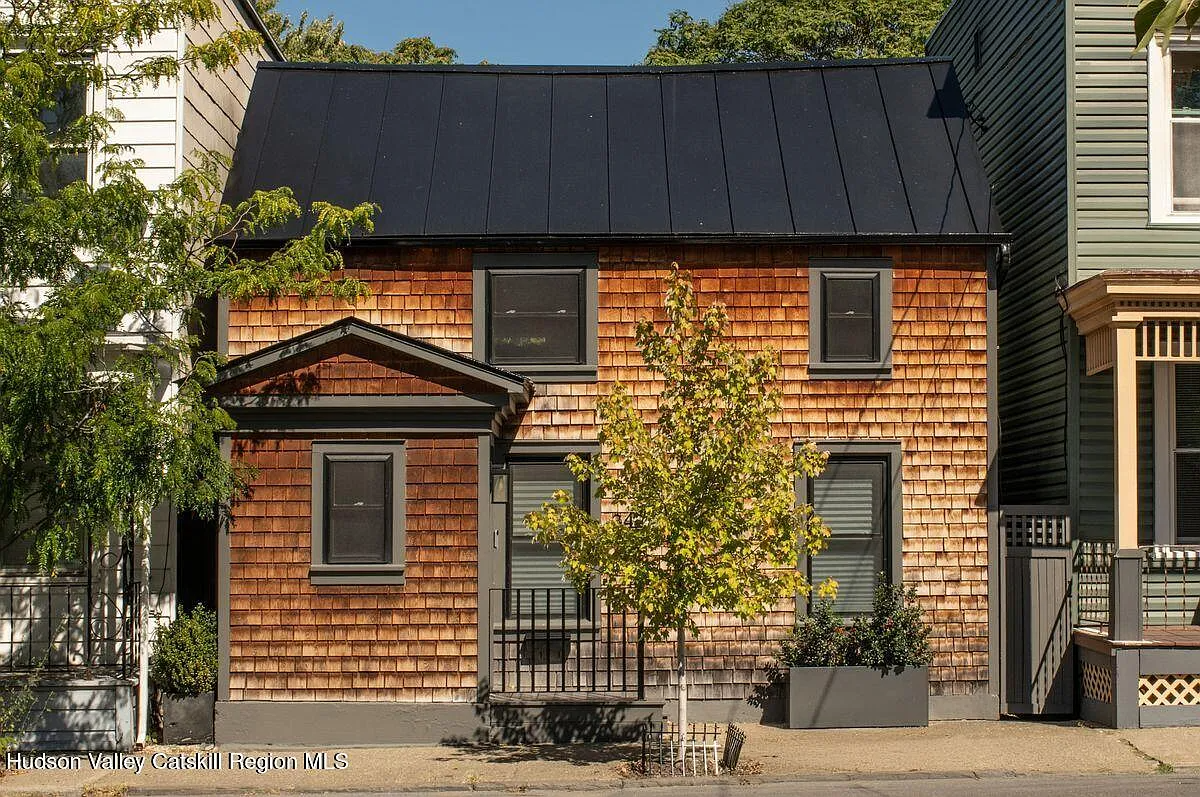Where and When Will The Market Bottom?
Most people interviewed in this weekend Times article about New York’s real estate market finding its bottom seem to agree that prices so far have come down about 25 percent; how much further they have to fall is a matter of more varied opinion, though it sounds like 10 or 15 percent would be a…

 Most people interviewed in this weekend Times article about New York’s real estate market finding its bottom seem to agree that prices so far have come down about 25 percent; how much further they have to fall is a matter of more varied opinion, though it sounds like 10 or 15 percent would be a consensus range. Which means we could be closer to the bottom than past cycles would suggest. Even if the New York market were to end up being 35 to 45 percent down, he said, to the degree we’re seeing deals done at 30 to 32 percent down anyway, it’s not very far away. What may happen, some speculate, is that the correction, however brutal, could be accelerated into a shorter time period that last go-round. It’s possible that rather than seeing price declines spread out over a six-year period, this time it could be concentrated in a two-year period, said Ingrid Gould Ellen, co-director of the Furman Center for Real Estate and Urban Policy at NYU’s School of Law. That possibility, along with the fact that there are plenty of folks waiting in the wings wanting to buy, has the brokerage community cautiously optimistic that the real estate business may avoid having a lost decade. After all, what broker’s need to get paid are transactions more than high prices.
Most people interviewed in this weekend Times article about New York’s real estate market finding its bottom seem to agree that prices so far have come down about 25 percent; how much further they have to fall is a matter of more varied opinion, though it sounds like 10 or 15 percent would be a consensus range. Which means we could be closer to the bottom than past cycles would suggest. Even if the New York market were to end up being 35 to 45 percent down, he said, to the degree we’re seeing deals done at 30 to 32 percent down anyway, it’s not very far away. What may happen, some speculate, is that the correction, however brutal, could be accelerated into a shorter time period that last go-round. It’s possible that rather than seeing price declines spread out over a six-year period, this time it could be concentrated in a two-year period, said Ingrid Gould Ellen, co-director of the Furman Center for Real Estate and Urban Policy at NYU’s School of Law. That possibility, along with the fact that there are plenty of folks waiting in the wings wanting to buy, has the brokerage community cautiously optimistic that the real estate business may avoid having a lost decade. After all, what broker’s need to get paid are transactions more than high prices.
Looking for Bottom in N.Y. Real Estate [NY Times]
Photo by simplerich





Meant to say BHO similarly lives in the neighborhood…
“Is it true that WHAT lives in Lodi, NJ?”
Not true. And in fact not helpful to the cause at hand. What is my neighbor in Clinton Hill near the border of Bed Stuy. BHO similarly lives, one of the many many points of interest that have led me to my conclusion. The Lodi thing is an elaborate joke that deflects attention from the issues at hand.
“Fool me three times and it’s time to kick back, relax, and take pleasure in a place to live rather than speculate.”
I love it NOP! Spot on.
As far as I know, a car immediately, without question depreciates the moment it leaves the lot as you say. Say what you will about the current state of the housing market (ie–we are in agreement that housing is a currently depreciating asset), but this is not always the case. There are times where it goes up precipitously, as we have seen, times when it edges up slowly over time in harmony with other asset classes and times when it goes down slowly. But it is not hard and fast like a car. A house is more like a vintage guitar or some other commodity that has the potential to appreciate as it ages, unlike a car which never does so under any circumstances unless it is never used and housed in a museum.
“As much as I respect your financial knowledge BHO I don’t think the car analogy is going to get you very far.”
Why?
***Bid half off peak comps***
to revisit the posts about the world coming to an end if prices come down 50%, I strongly disagree with this statement.
The world was okay with these prices on the way up, it will be okay with them on the way down.
Accomodation costs take up a huge proportion of the average take-home pay. If that comes down, it leaves that much more disposable income to spend on other goods and services – stimulating the economy that way.
So who actually gets hurt by falling prices? Only those that have viewed houses as investment vehicles.
Mopar:
Both. People losing money and jobs. Too much inventory. (Mostly co-ops back then; less glamorous but less shakey financially — with their purchase requirements — than condos.)
And I don’t know what New York’s rental market was in the late 80’s – early 90’s. As a co-op, my building didn’t allow rentals, so I couldn’t even think of trying it, even though I lived in the city only sporadically. (Once a friend stayed in the place while it was empty. Within three days I got a long-distance call from management!)
That’s interesting about San Francisco. But then it continues to be among the most expensive cities in the world.
Chicago, on the other hand, isn’t bad. A couple of years ago (in the boom), it was possible to buy a Lake Shore Drive one-bedroom in the famous Mies van der Rohe apartments for $180,000! (Less than half the price of a former maid’s room in Manhattan.)
I’ve started to think about Chicago as a default position. Good food. Good music. Dramatic waterfront. And much cheaper than Manhattan, brownstone Brooklyn, or San Francisco.
NOP
Whuh people that buy homes are good savers and the best way to save is not going out to eat. I cook at home and save. I might be cheap but I know how to cook. You want to go out every night and pay the restarants bills go right ahead. I don’t care if they all close. I am not spending 20 dollard to eat spagetti with ketcup on it.
NOP, I have the opposite experience. Same crash you mention, prices went down in the Bay Area but rents did not, dot-com crash, no one employed, thousands of people moving out of SF, housing and rental prices stay high.